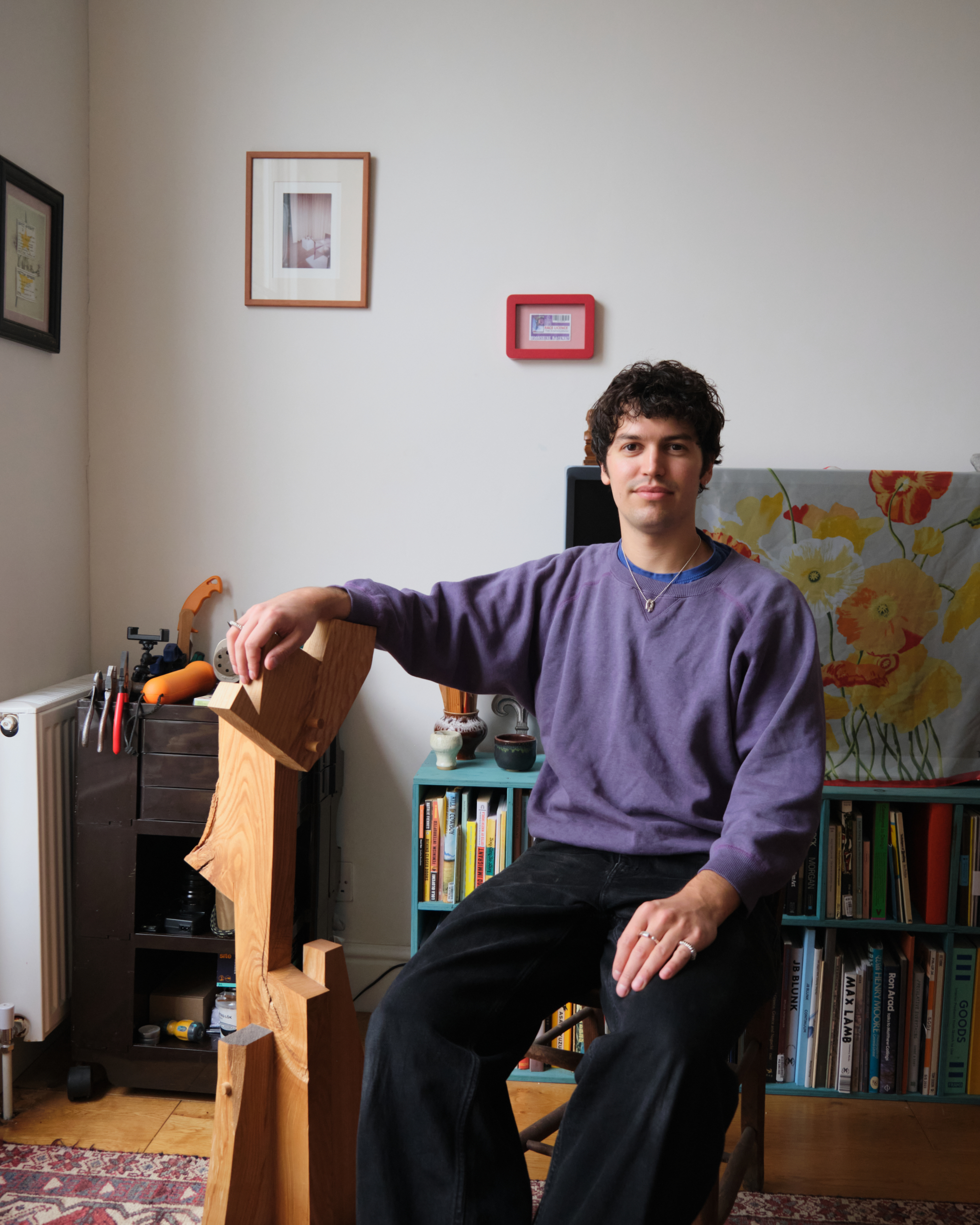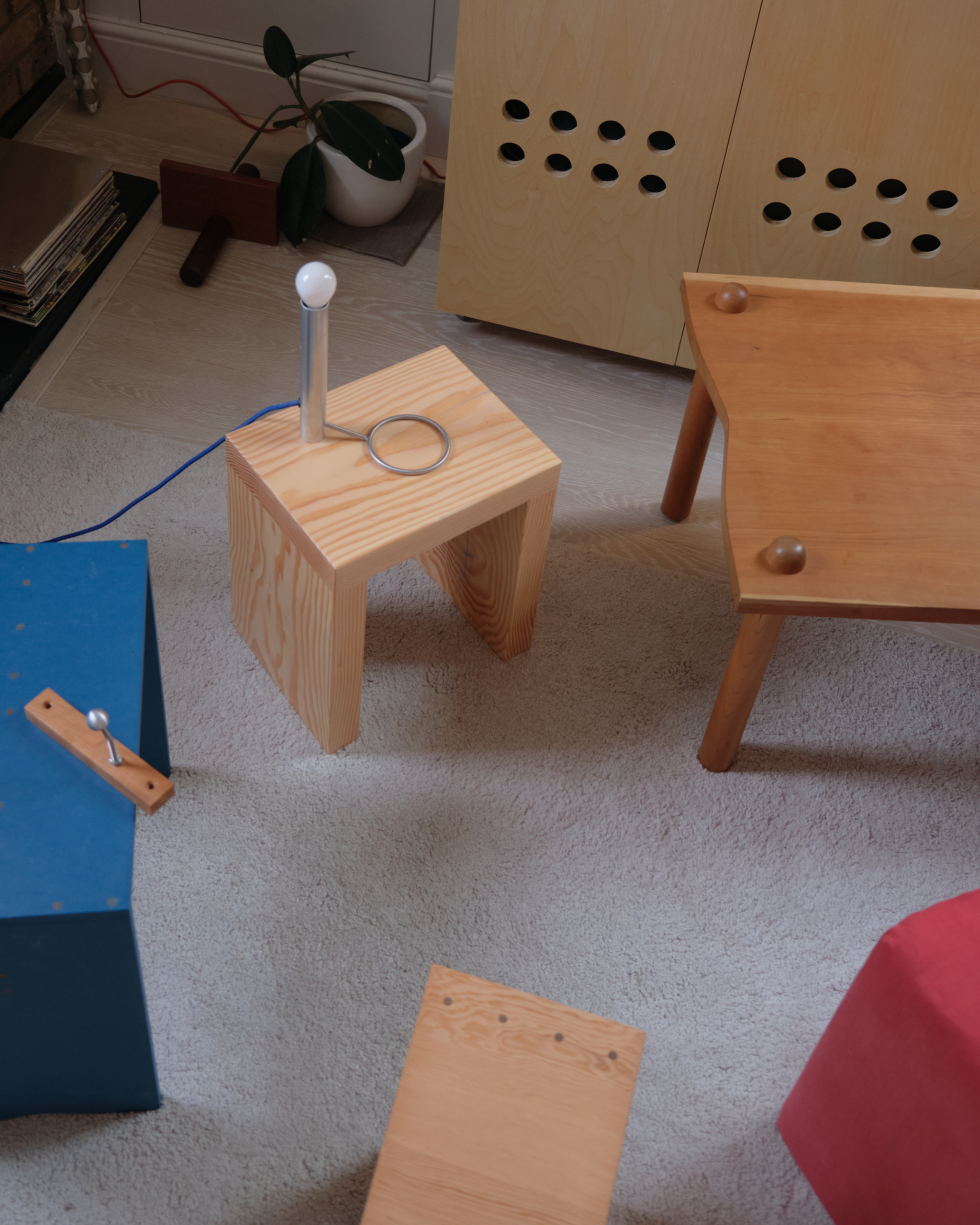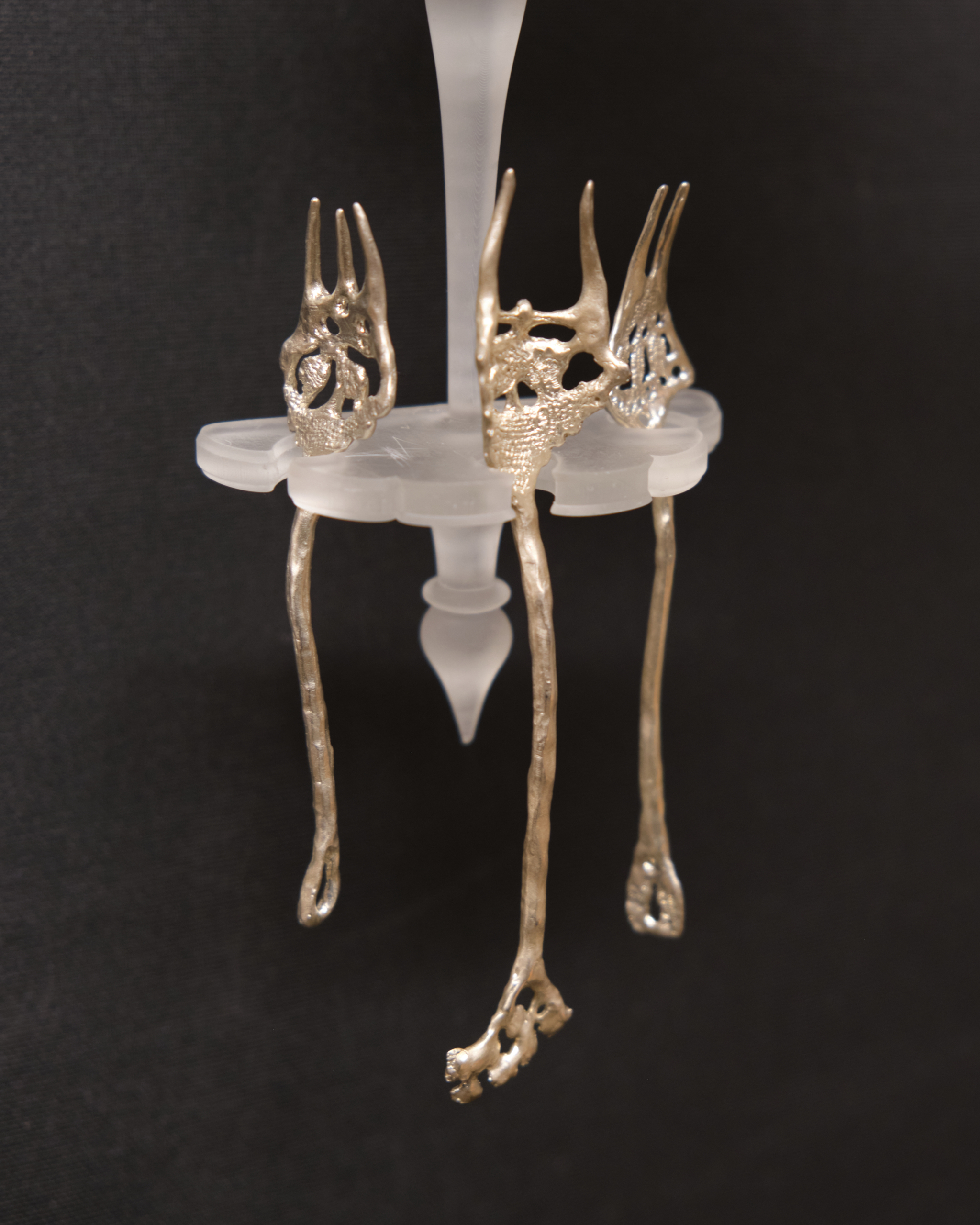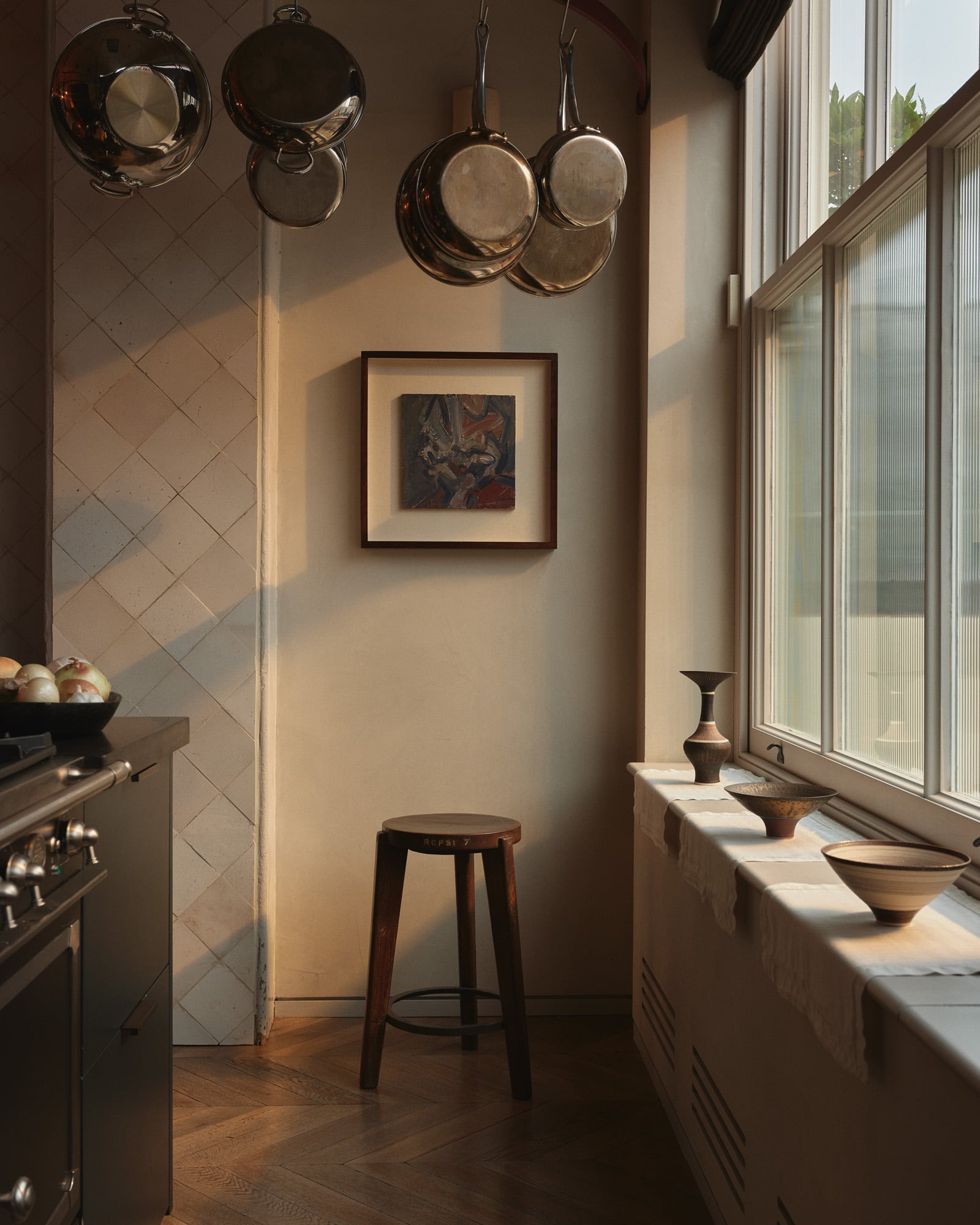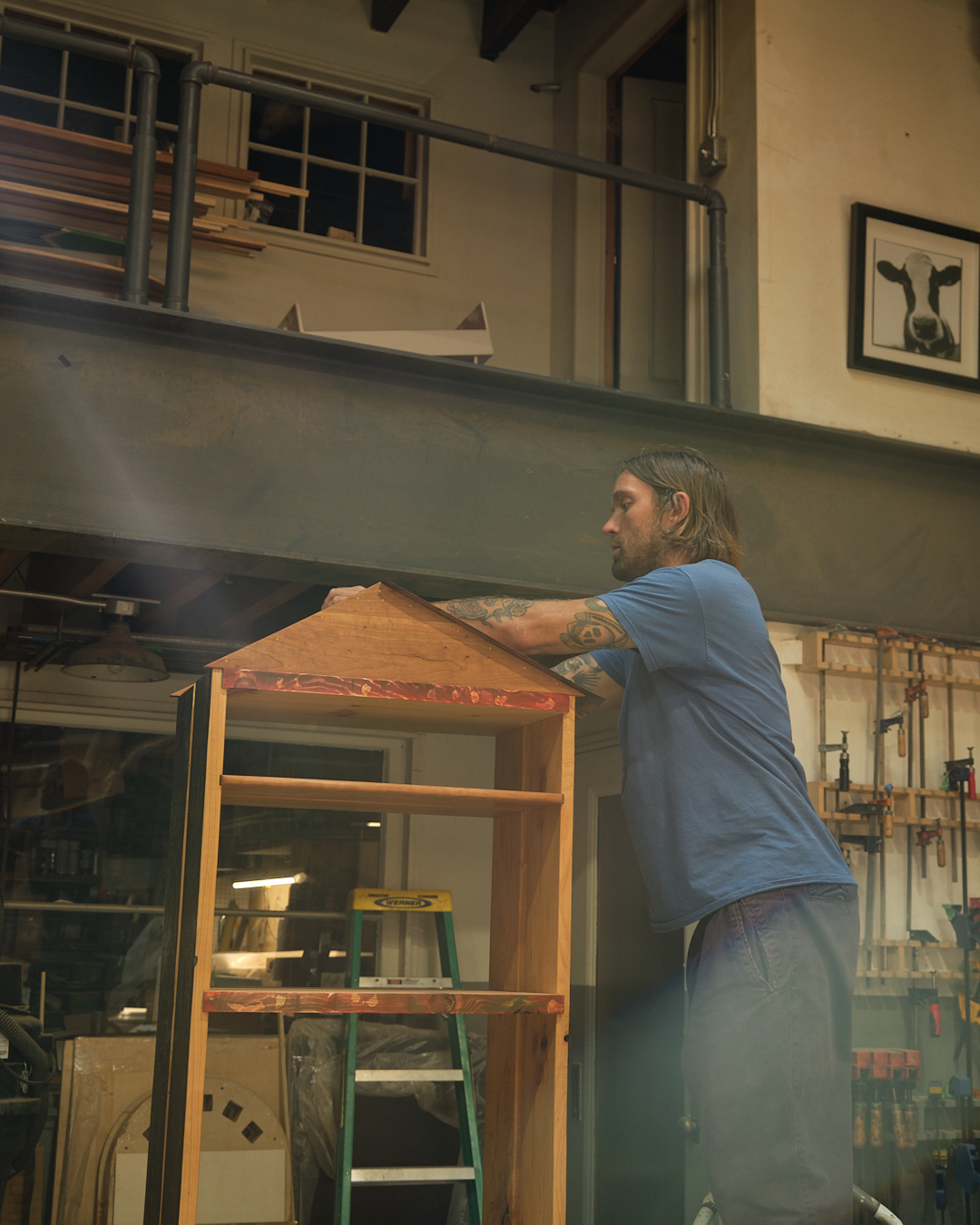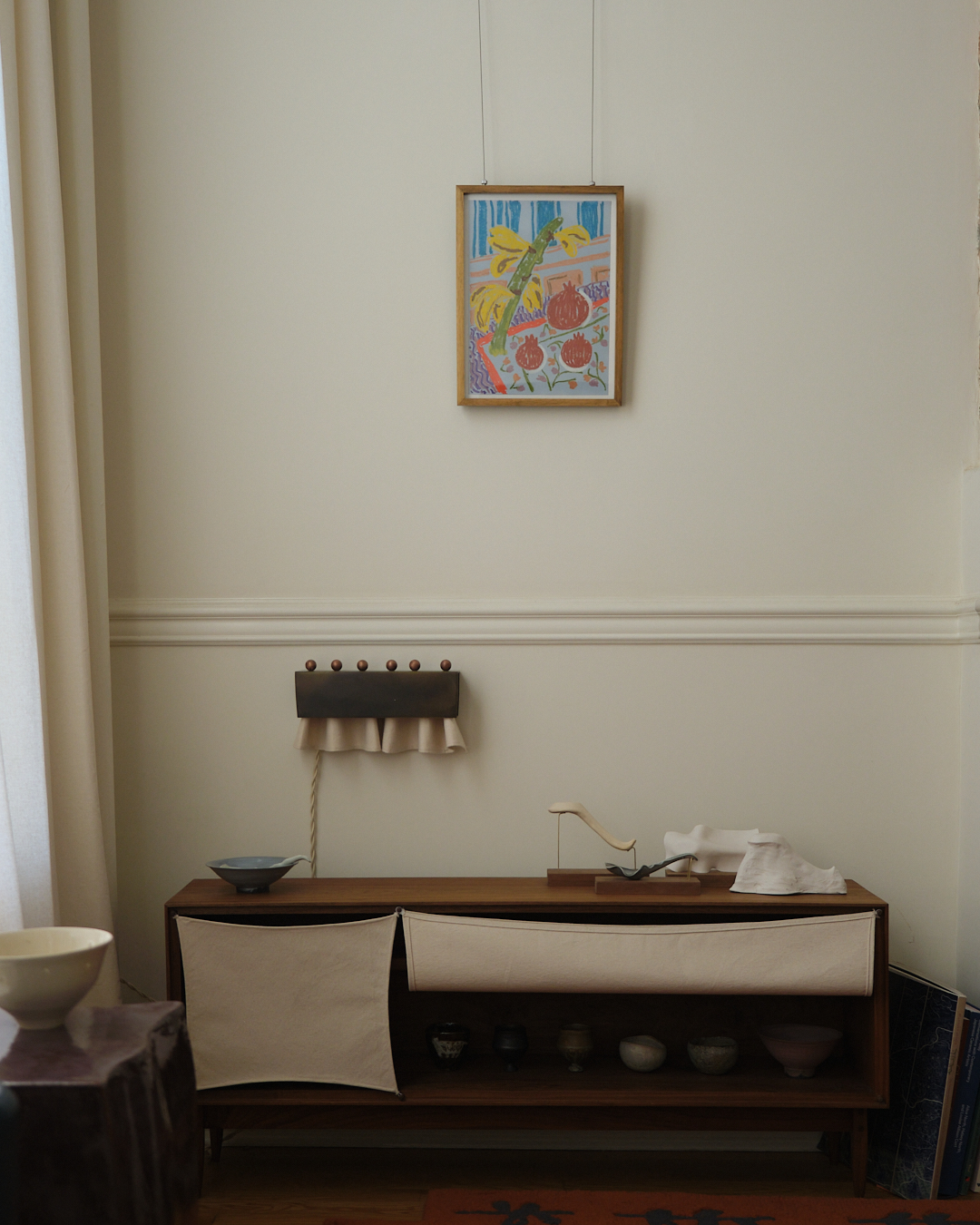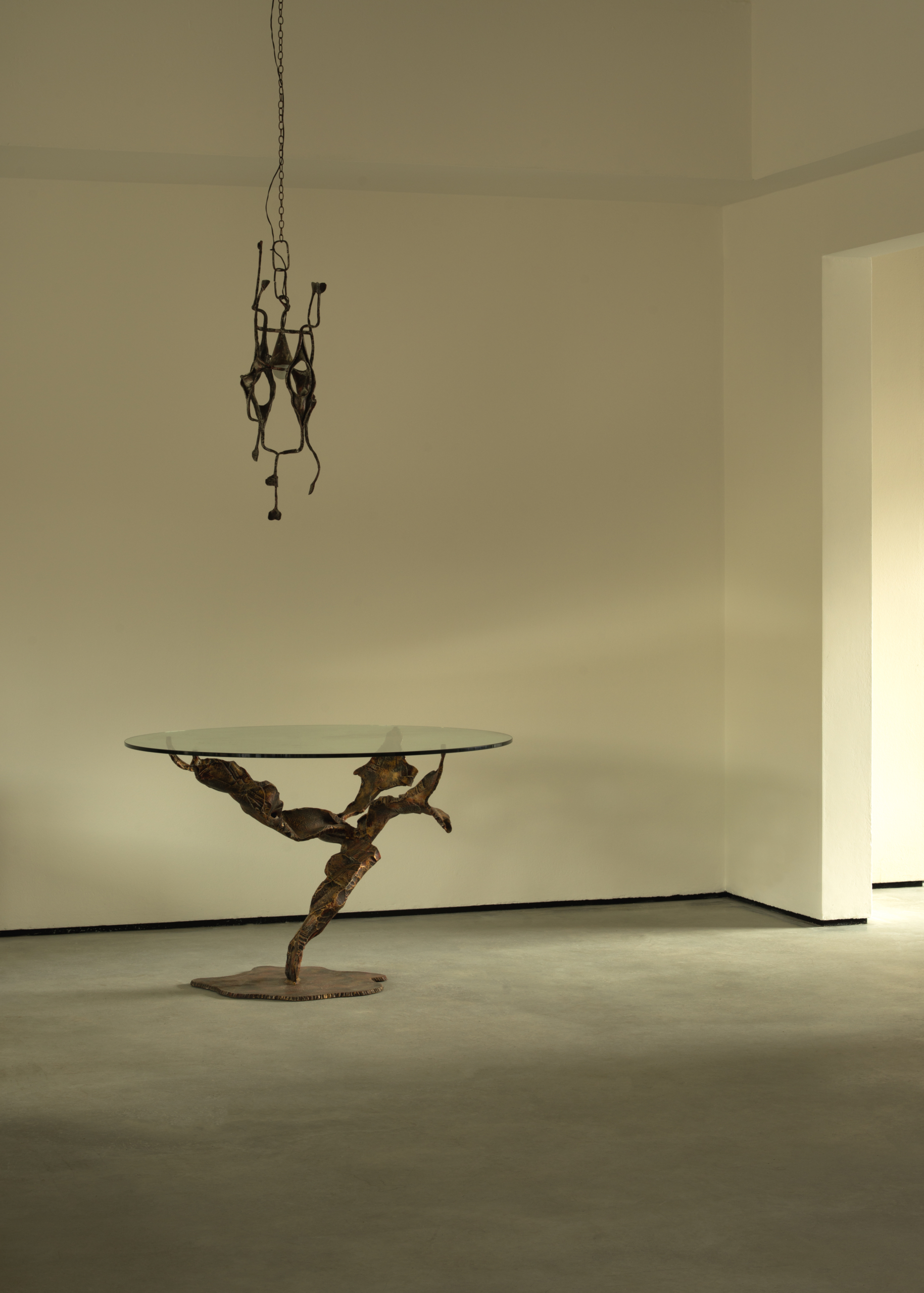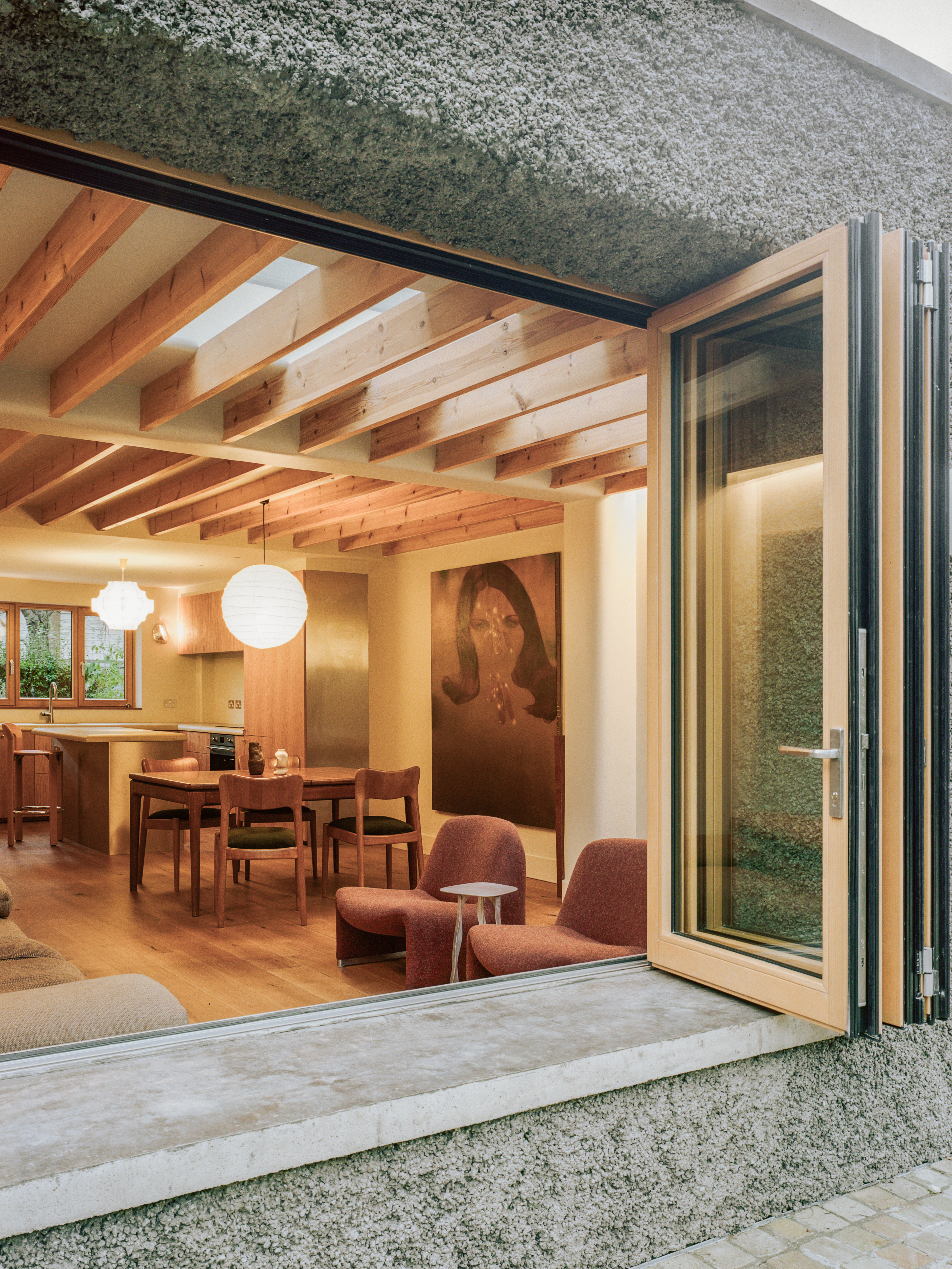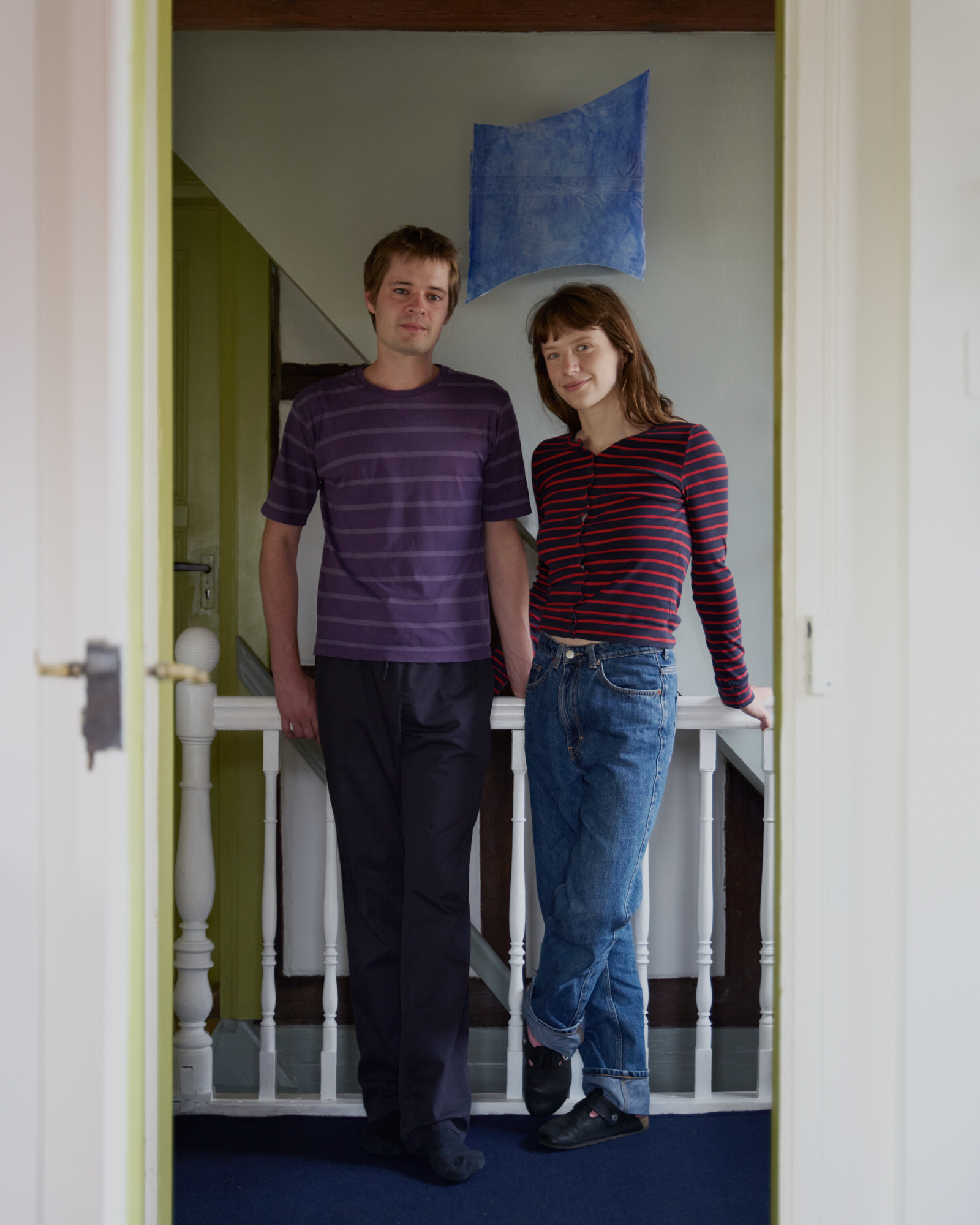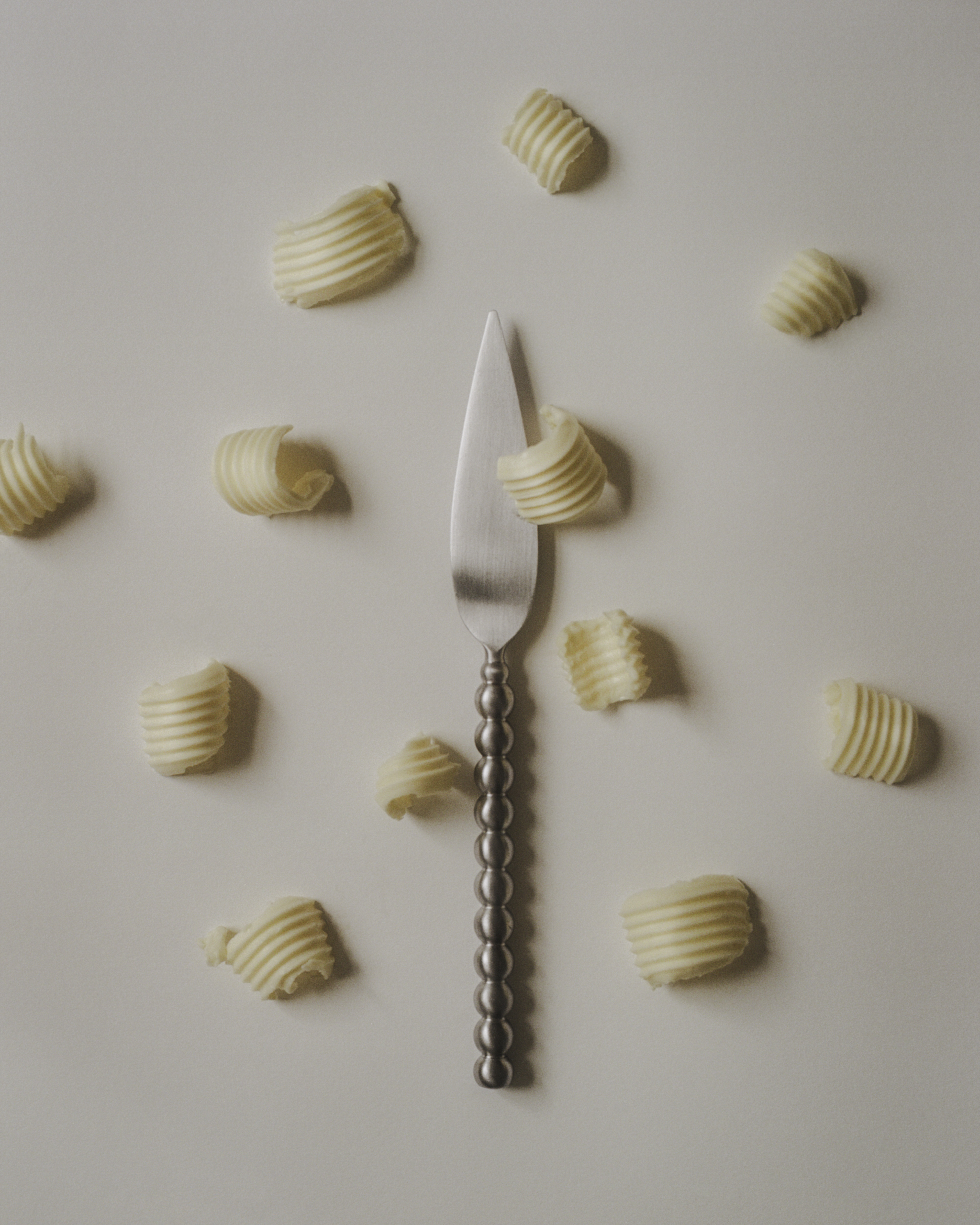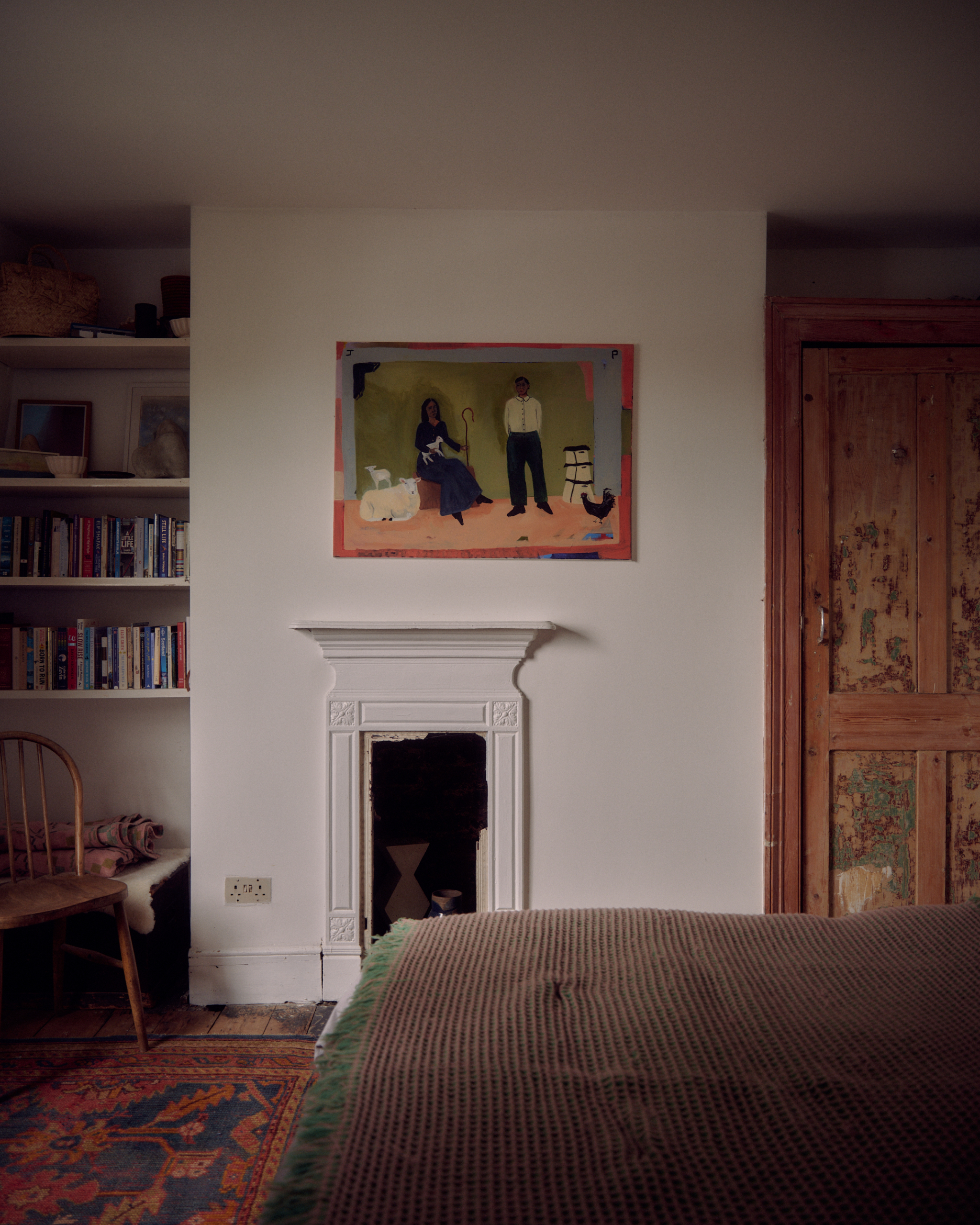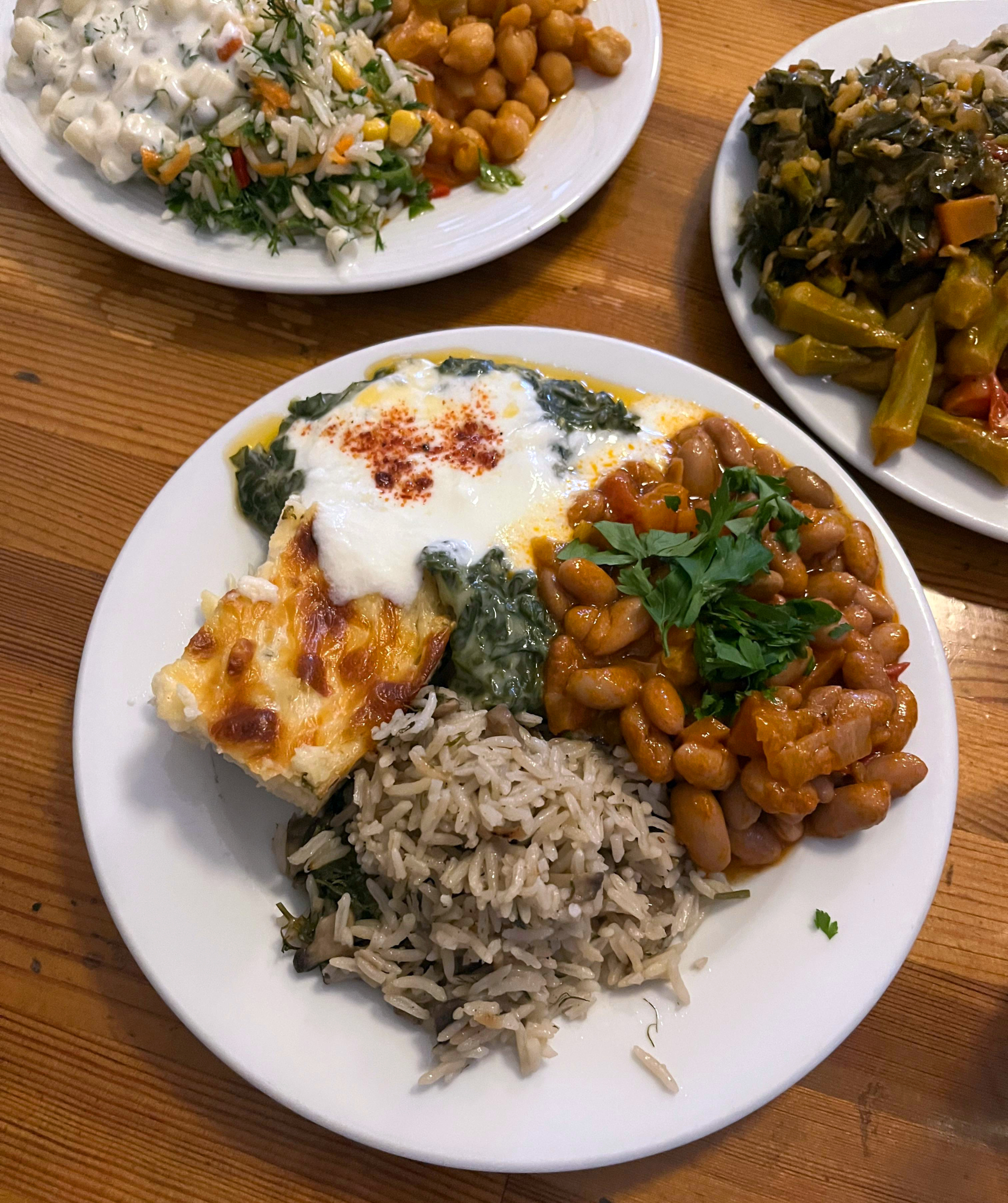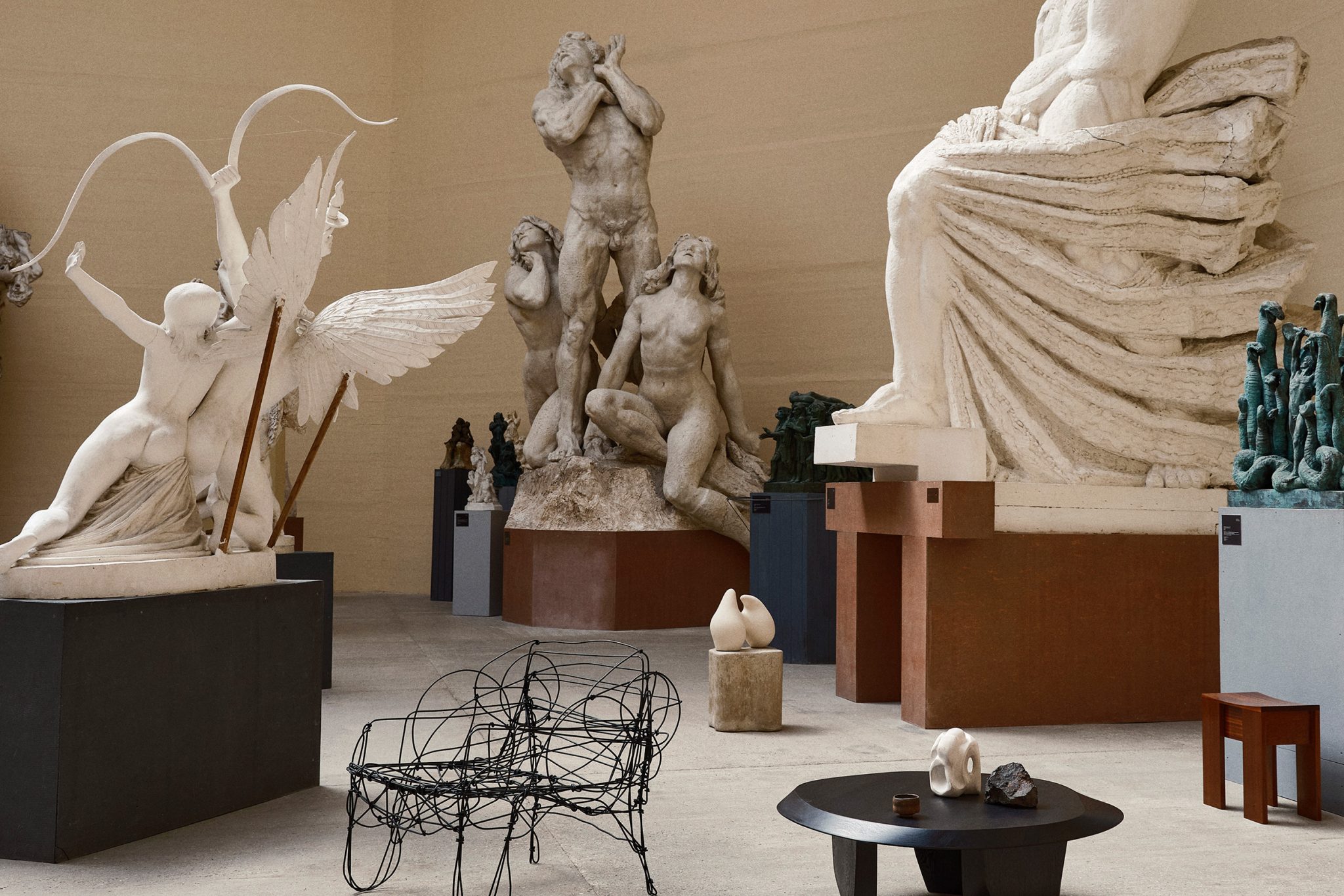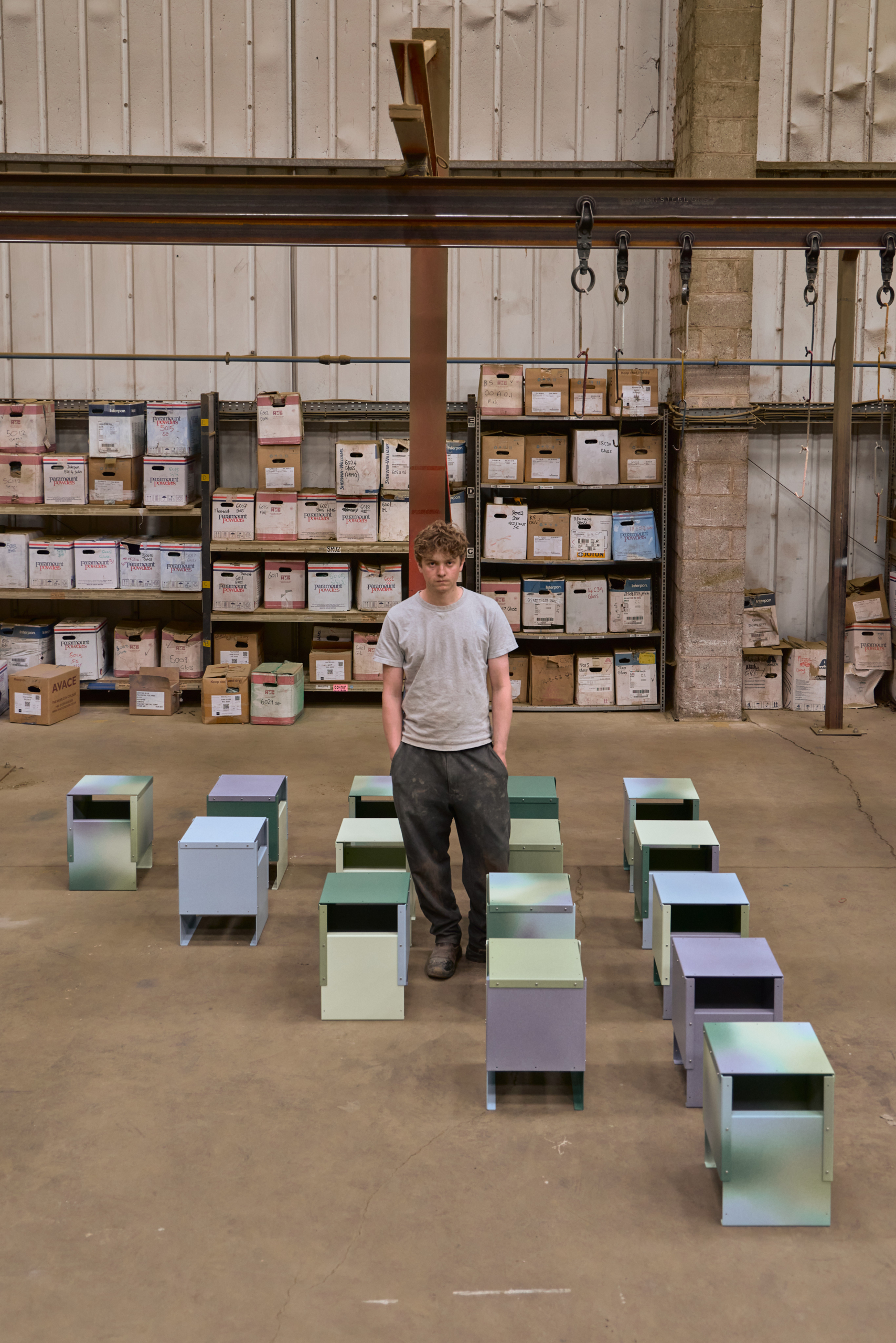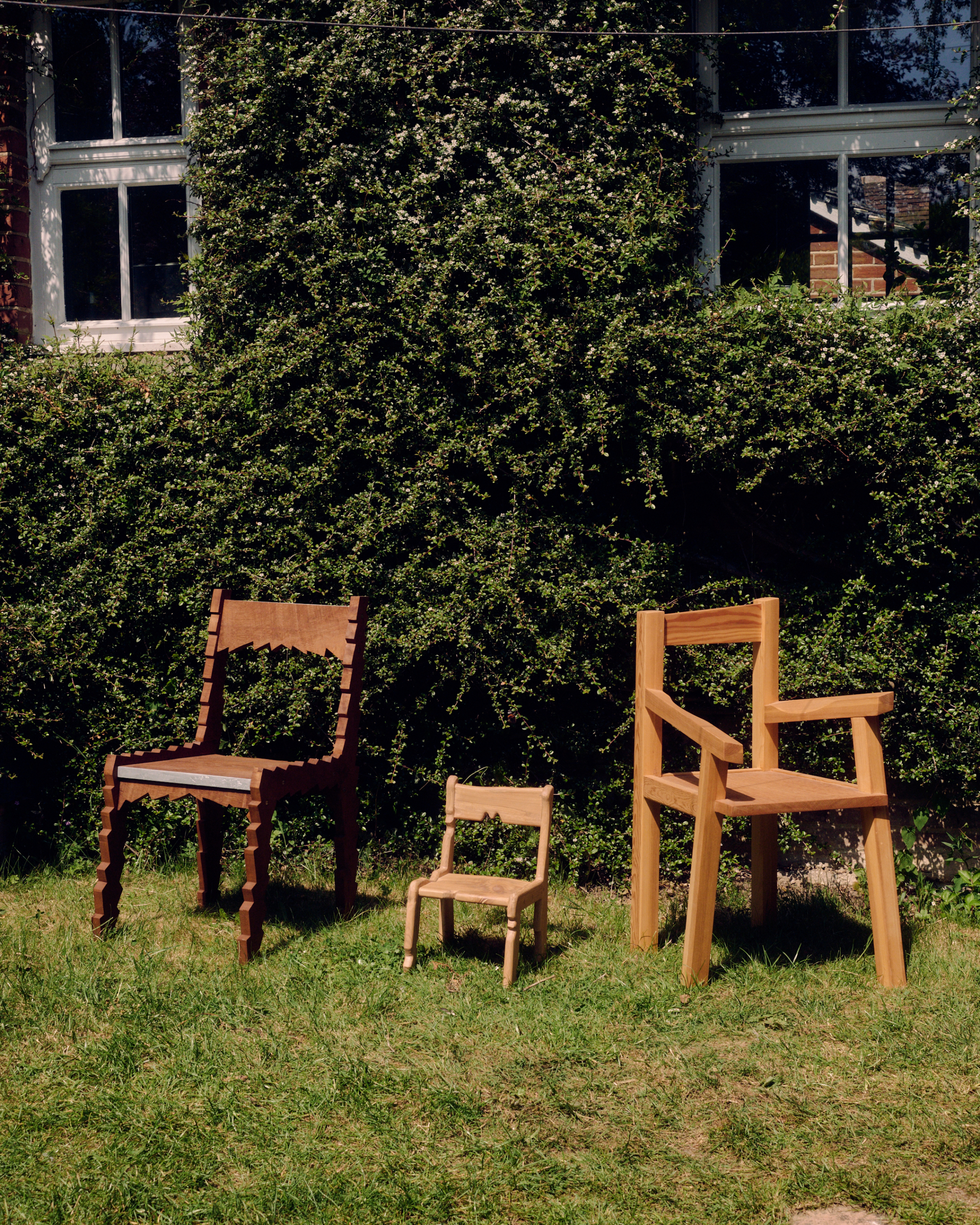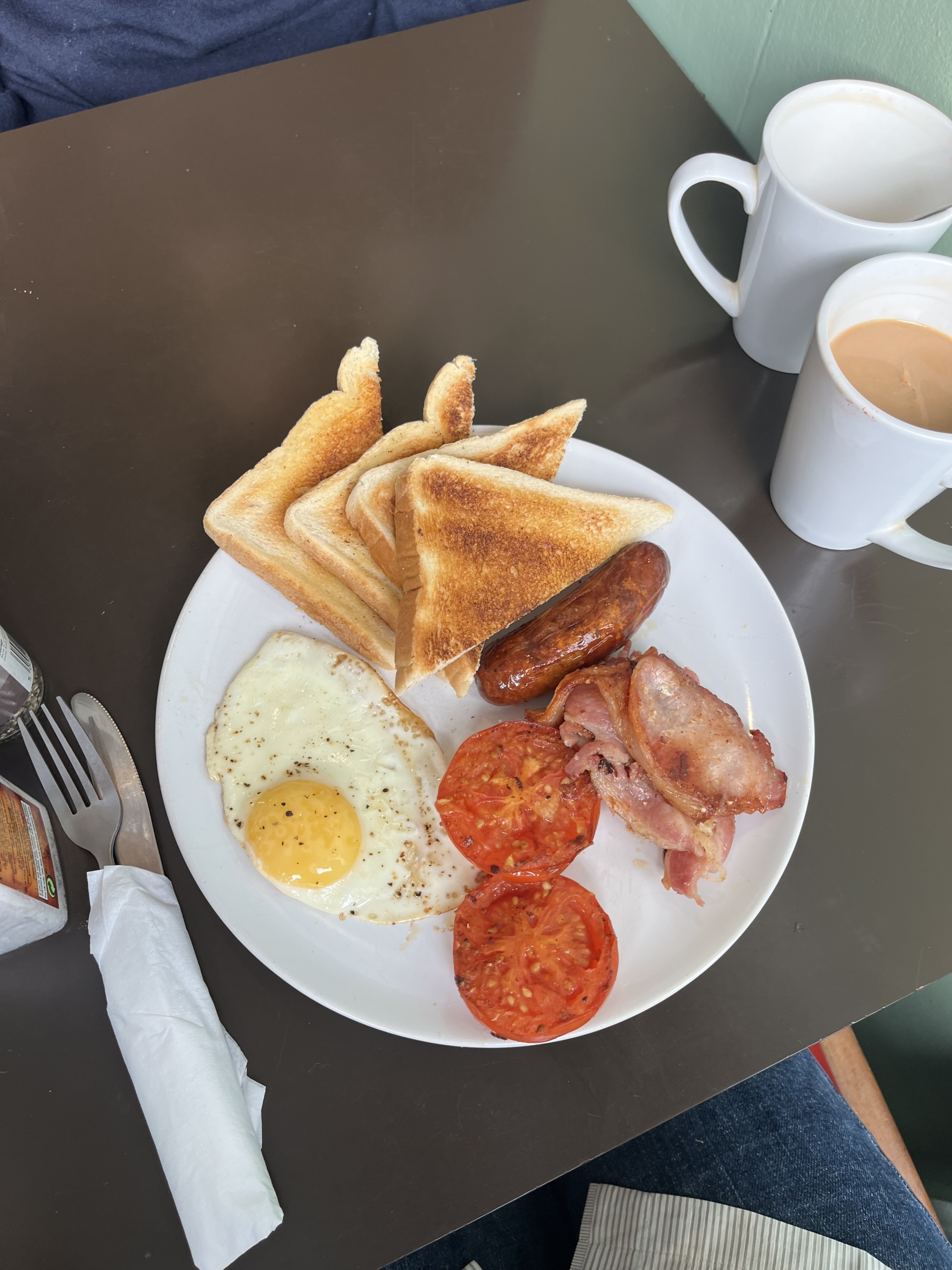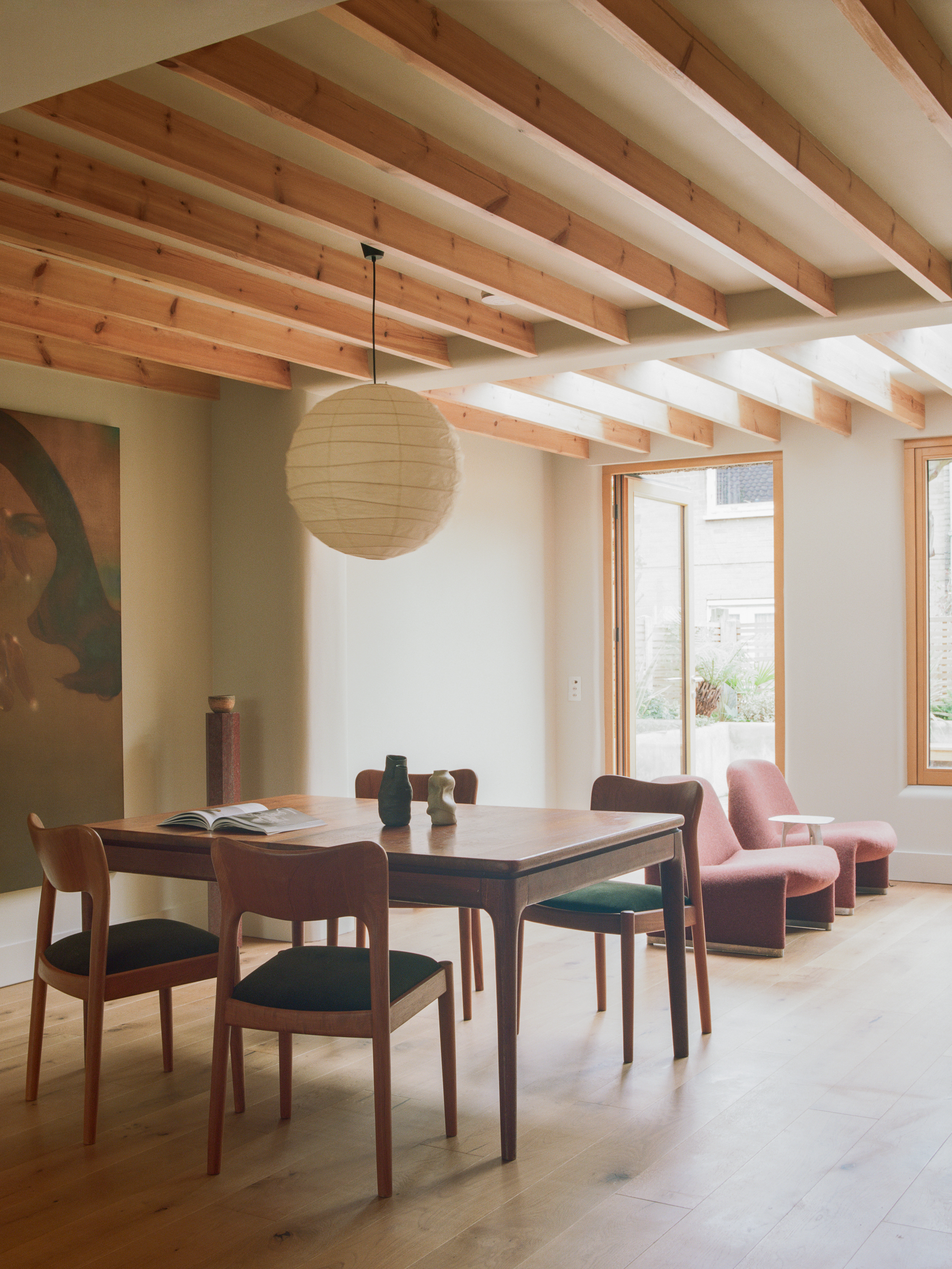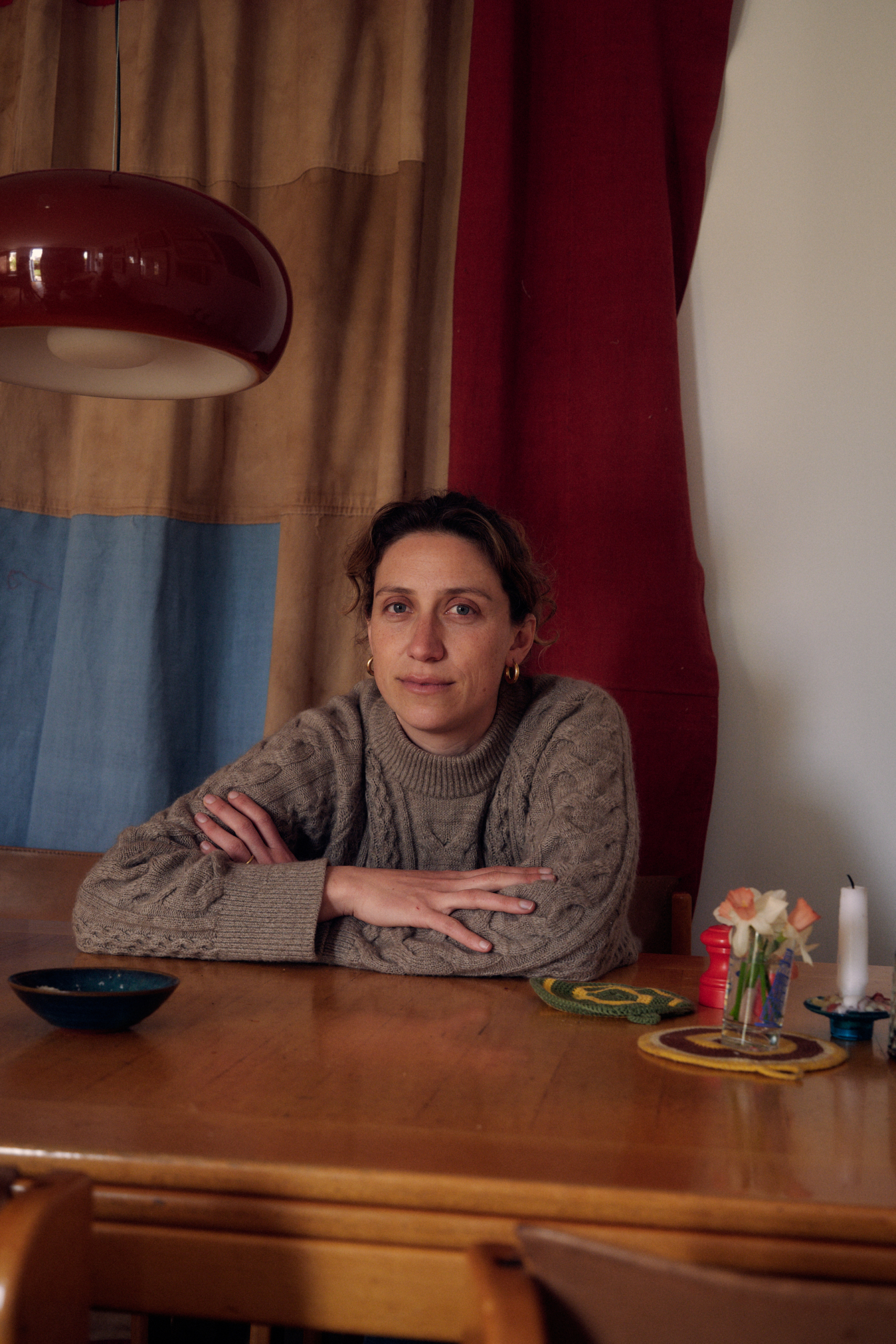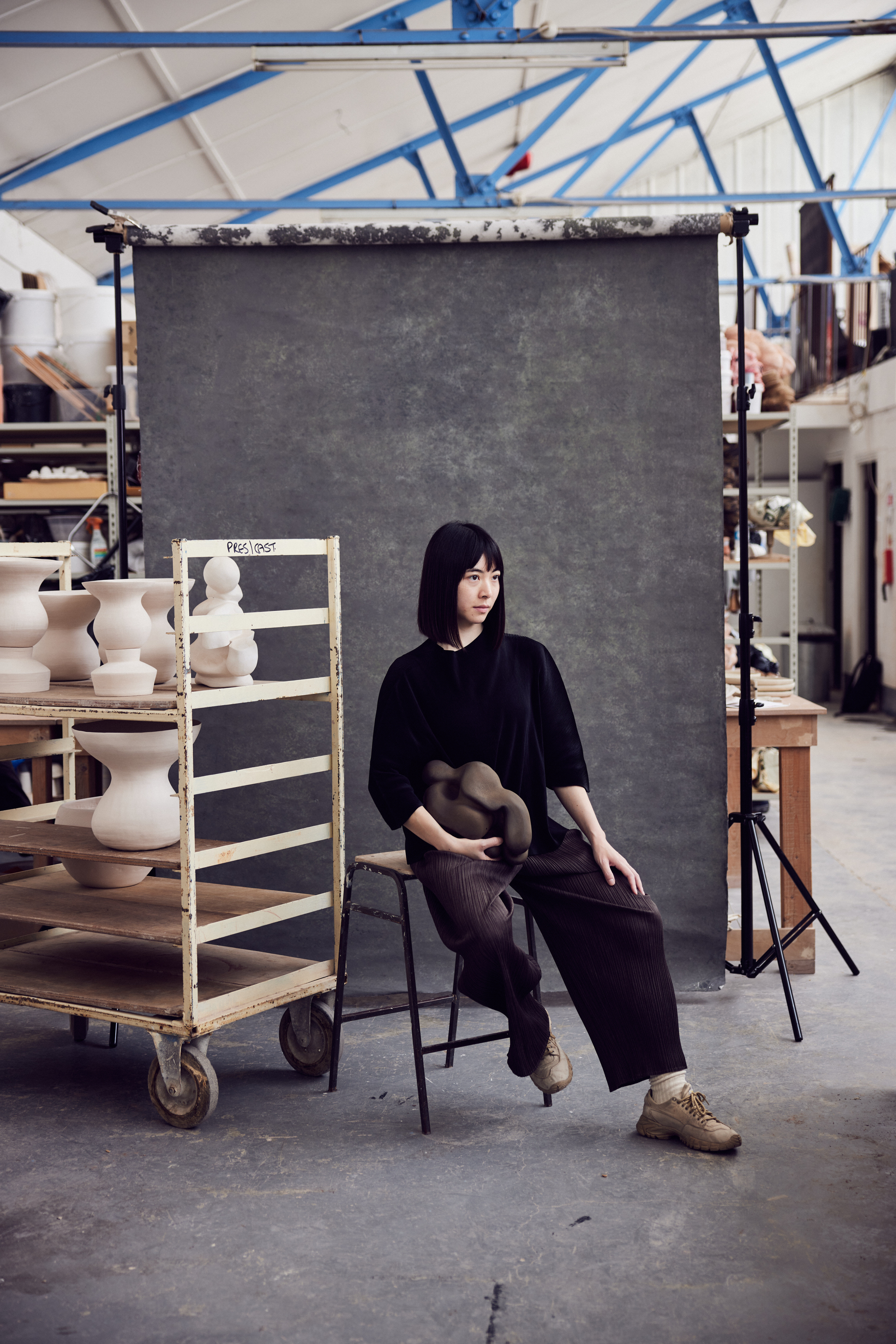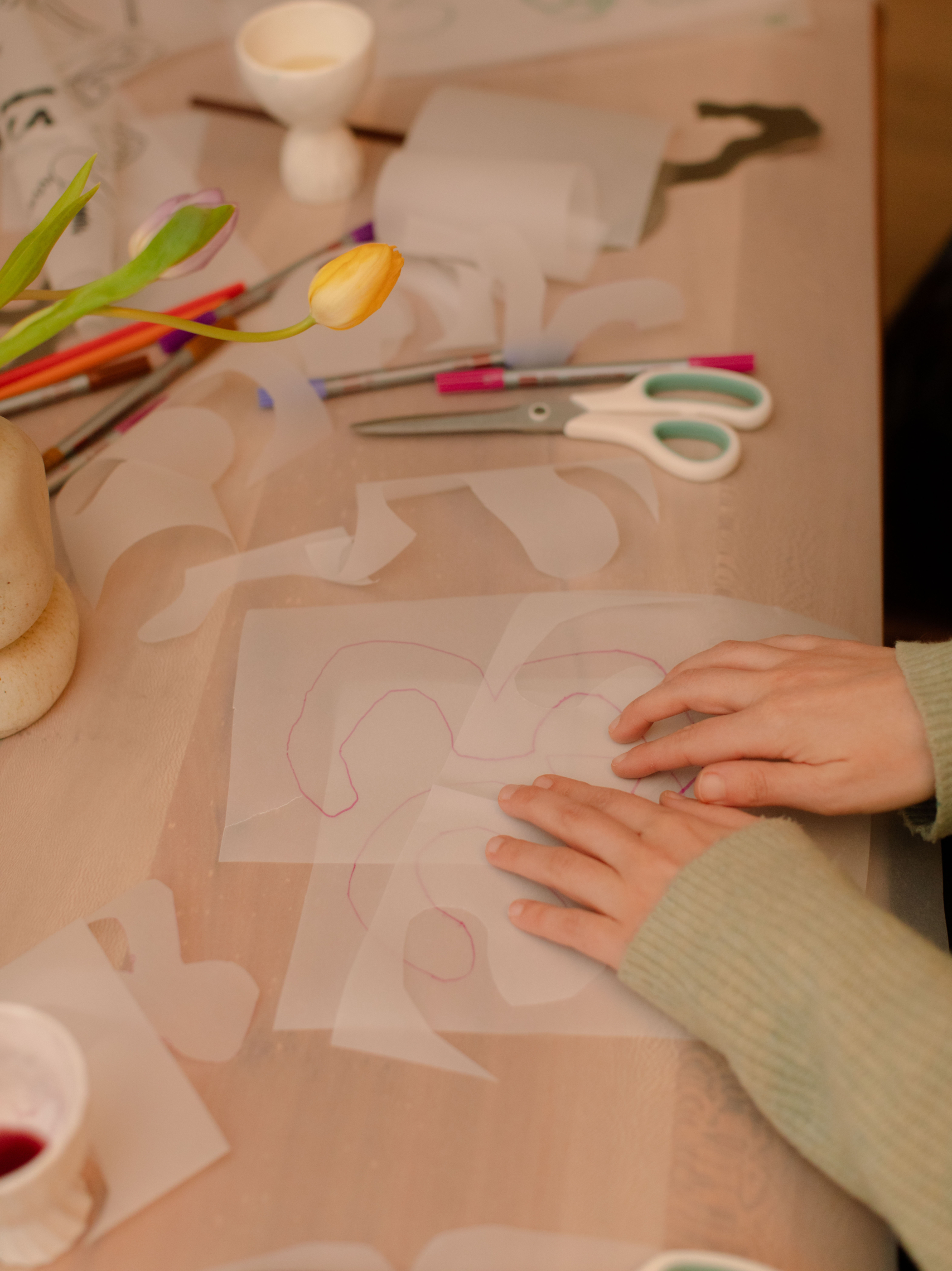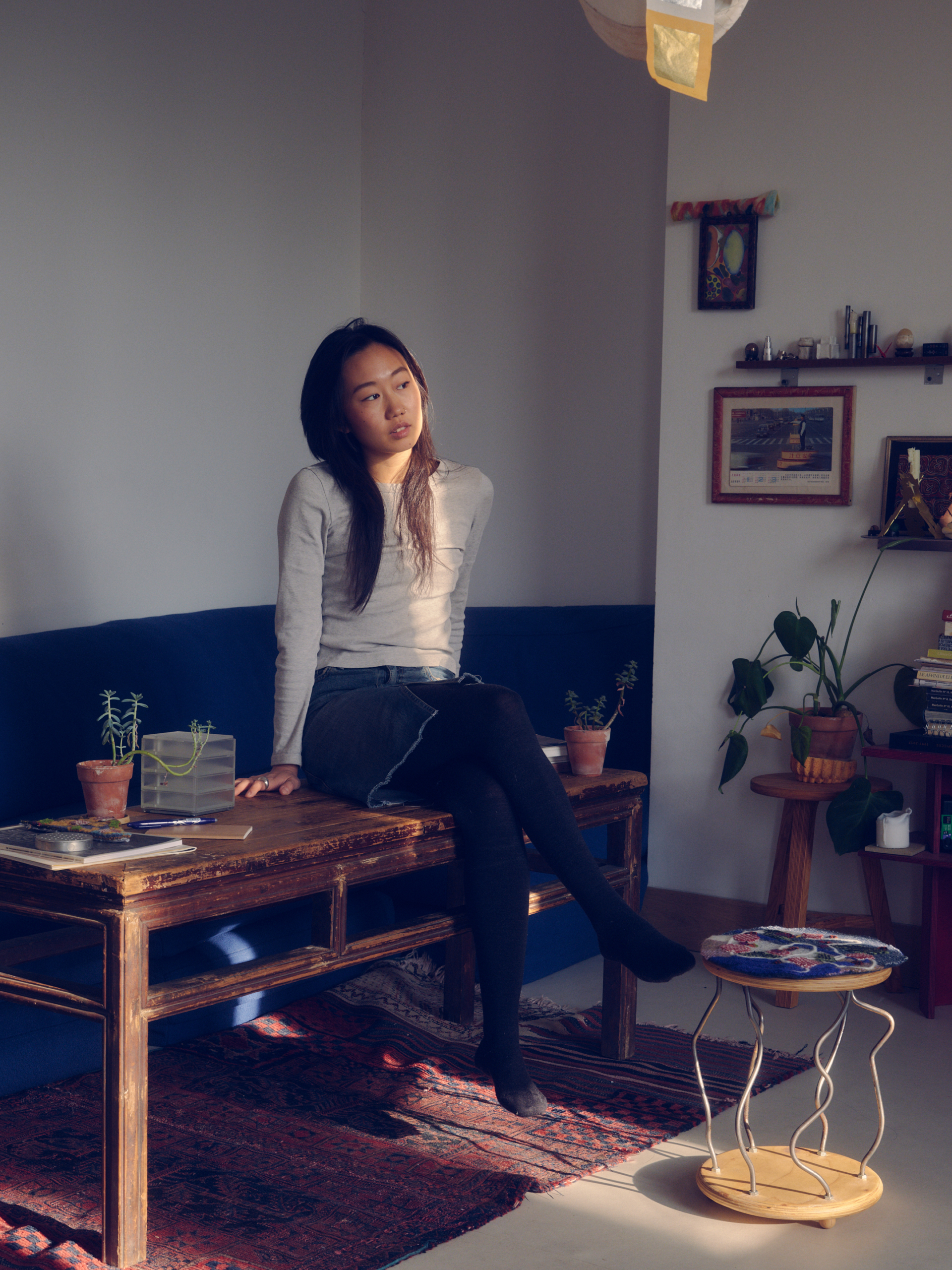Hidden Feasts: Jiaonest
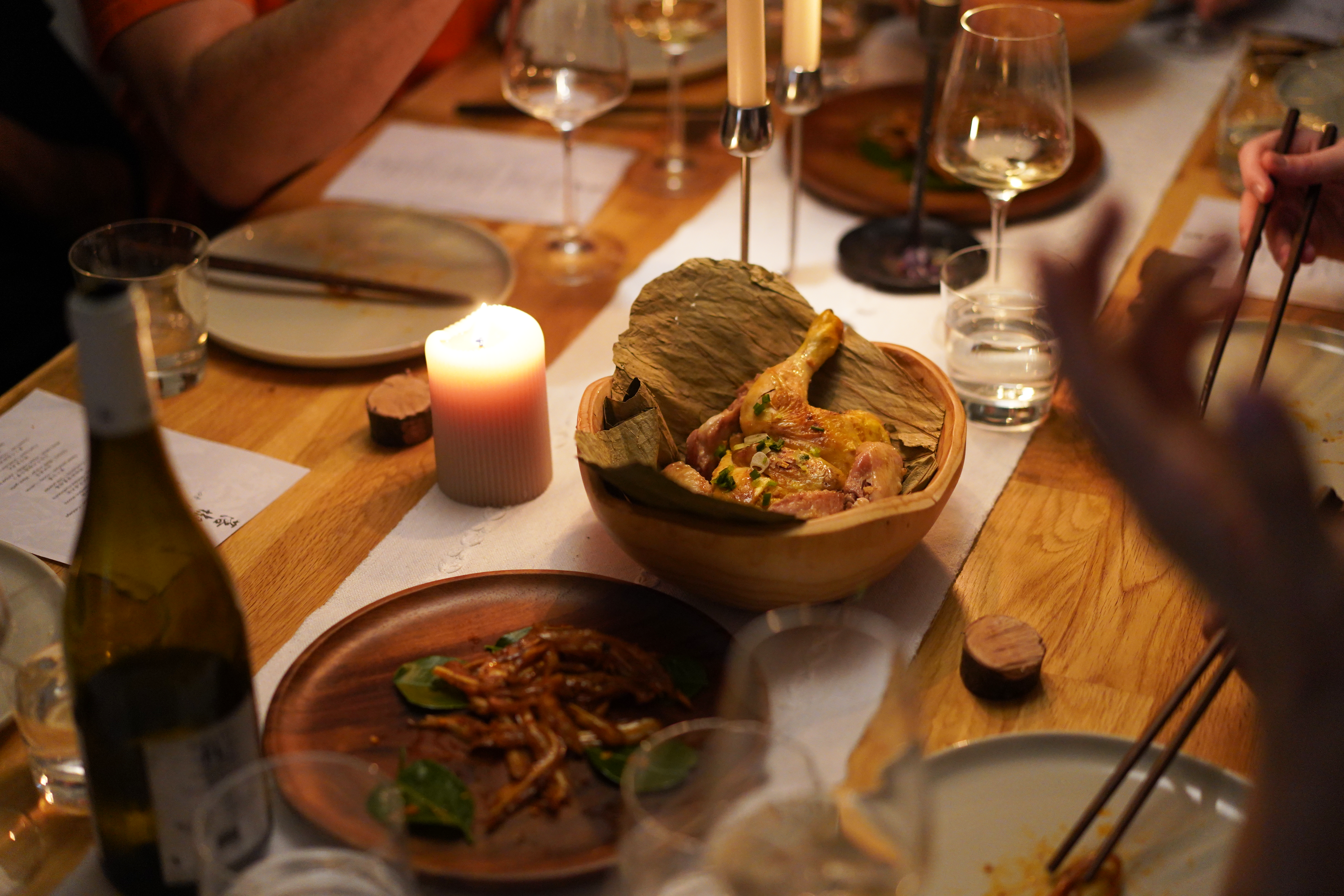
Here at Scura, our curiosity is piqued by many things: the thrill of discovering a maker doing novel things with an everyday material. The delight of visiting a new friend in their eccentrically designed home. Turning a corner while out for a walk and finding an under-loved site to turn into something new.
But perhaps the biggest driver of our curiosity is our hunger. Yes, at Scura, we are voracious and insatiable eaters. We’re that friend whose Google Maps is studded with green pins and we will happily travel four TfL zones just to try a food stall we’ve heard about. One of the best things about having a big appetite, we’ve found, is the places and people it leads us to.
So, in our new series, Hidden Feasts, we’ll be diving into some of the best supper clubs across the city that we’ve discovered. London’s dining scene is famously broad and brilliant, and we believe the city’s thriving supper club culture is an essential part of the vibrancy. Offering something different to traditional restaurants, we love how these get-togethers bring people into intimate spaces where food and conversation come together to form something deeply personal and immersive.
To kick things off, we’re starting things with Jiaonest. Founded by Hua Yang, Jiaonest is an exploration of Sichuan cuisine, medicinal traditions, and the meaning of home. Yang’s approach to food is guided by Daoist philosophy, seeing ingredients not only as nourishment but as a way to understand place, memory, and migration. The supper club’s rotating seasonal menus draw from both history and innovation, offering dishes like Herbal Salt-Baked Chicken, Spicy Beef Flank, and Mapo Tofu, often influenced by traditional Chinese medicine. But beyond the plate, Jiaonest is about connection and building an open, evolving community through food. We sat down with Hua to delve into the ethos behind Jiaonest and its place in London’s dining culture.
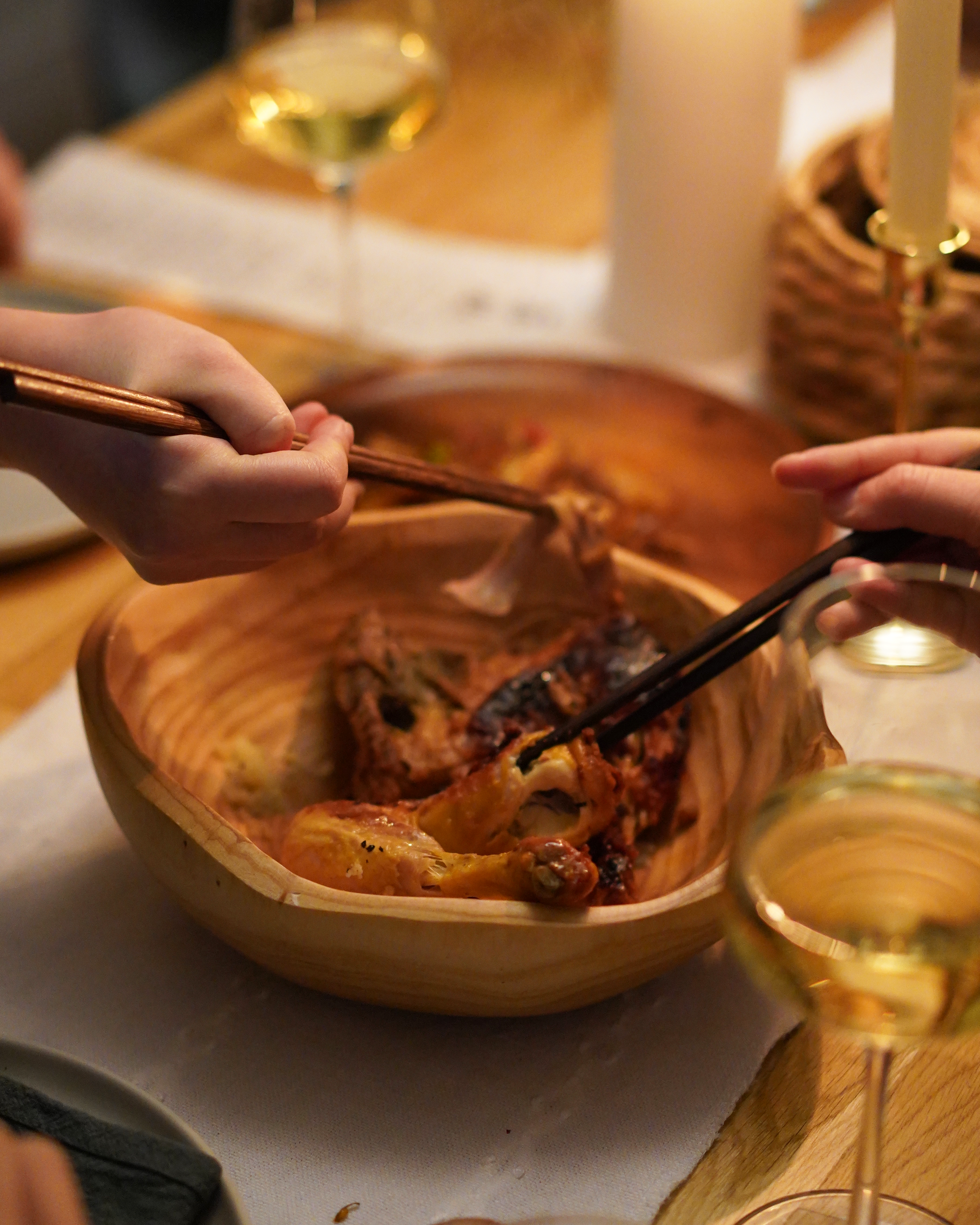
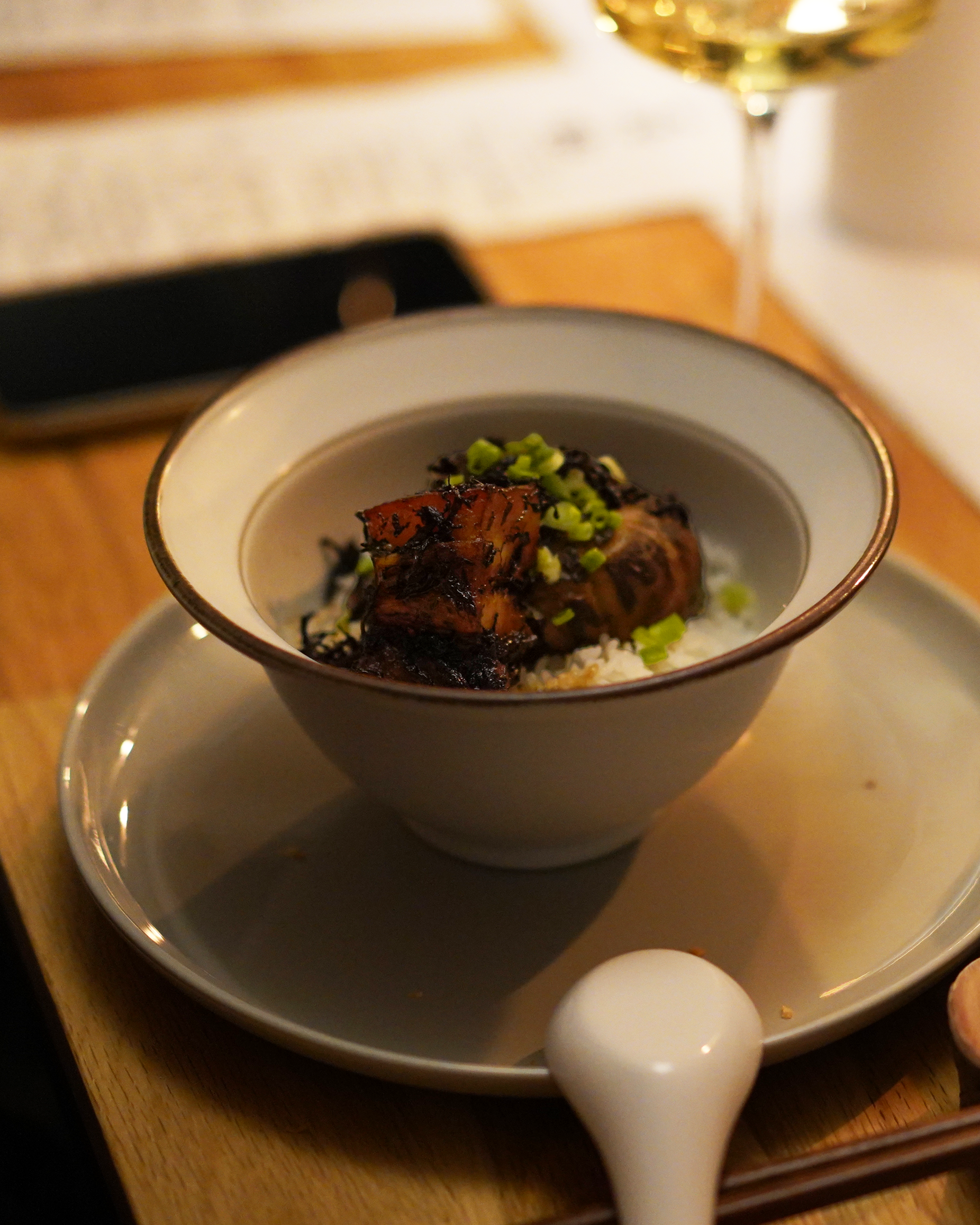
Scura: What is Jiaonest supper club all about?
Hua Yang: Jiaonest is about sharing Sichuan cuisine, a culinary tradition from China, famous for its 24 distinct flavour profiles, with mala (numbing and spicy) being the most well-known.
When we design our dishes, we start with classic Sichuan recipes and then draw influence from the 18 years of experience our chef had growing up in a pharmacy, incorporating common and nourishing medicinal herbs into Sichuan cuisine. Some examples include Herbal Salt-Baked Chicken, Spicy Beef Flank, Mapo Tofu, and medicinal pork intestine soup.
Based on this foundation, we update our menu every season. For example, the winter theme was preservation, where we researched 10 traditional Chinese vegetable preservation techniques, combined them with medicinal herbs, and transformed them into a part of Sichuan cuisine to be shared with our guests.
In Daoist philosophy, everything in the world can be medicine and everything has flaws, and therefore everything can complement each other. Edibility and the control over food enable us to internalise external techniques, making them a form of life technology. Thus, we believe edibility is the deepest instinct of Chinese culture, and what sets it apart from others. By starting from this instinct and re-examining mountains, rivers, plants, oceans, cities, and human relationships, we can quickly find our own place in new settlements.
When we cook with medicinal herbs, we can heal the nostalgia of Chinese immigrants in London, helping them rediscover the taste of home while also offering those unfamiliar with Sichuan cuisine a healthy and fresh alternative.
Scura: How does community play a role in Jiaonest? What kind of space are you trying to create?
Hua Yang: Through Jiaonest supper club, I hope to build an open, fluid, and organic community. We want to open conversations, prompting people to rethink the meaning of home, the boundaries of a city, and how a dining table can carry deeper forms of public life.
Our guests come from different backgrounds and professions, yet they gather around our table, engaging in conversations that extend beyond food – about culture, memory, and belonging. Unlike a restaurant, where dining is transactional, a supper club fosters deeper connections and many of our dishes and ideas evolve through these interactions with guests.
Hosting Jiaonest in a home setting also makes us question what kind of public life today’s urban spaces can still accommodate. Can personal spaces serve unexpected functions? Can food become a tool for storytelling, migration, and rethinking city life? Our aim is to create an open space where guests, whether strangers or friends, can share stories, reflect on their own histories.
But it’s also about connecting history with the present, using food as a narrative tool to merge Sichuan flavors, herbal traditions, and London’s diverse food culture, creating new stories through the fusion of London’s ingredients and Sichuan culinary techniques.
Scura: What role do supper clubs play in London’s dining scene? How does the experience differ from a restaurant?
Hua Yang: Supper clubs are more personal, interactive, and dynamic. Unlike if we ran a restaurant, we can experiment freely, changing menus, settings, and formats to create a dining experience that is unique every time. It’s not just about consuming food, it’s about stepping into a private space, into someone’s memories, and forming real connections with those around you.
In a fast-paced city like London, where everything is in flux, supper clubs offer a sense of home, even if just for one night. They act as temporary yet warm resting points – like a bird returning to its nest.

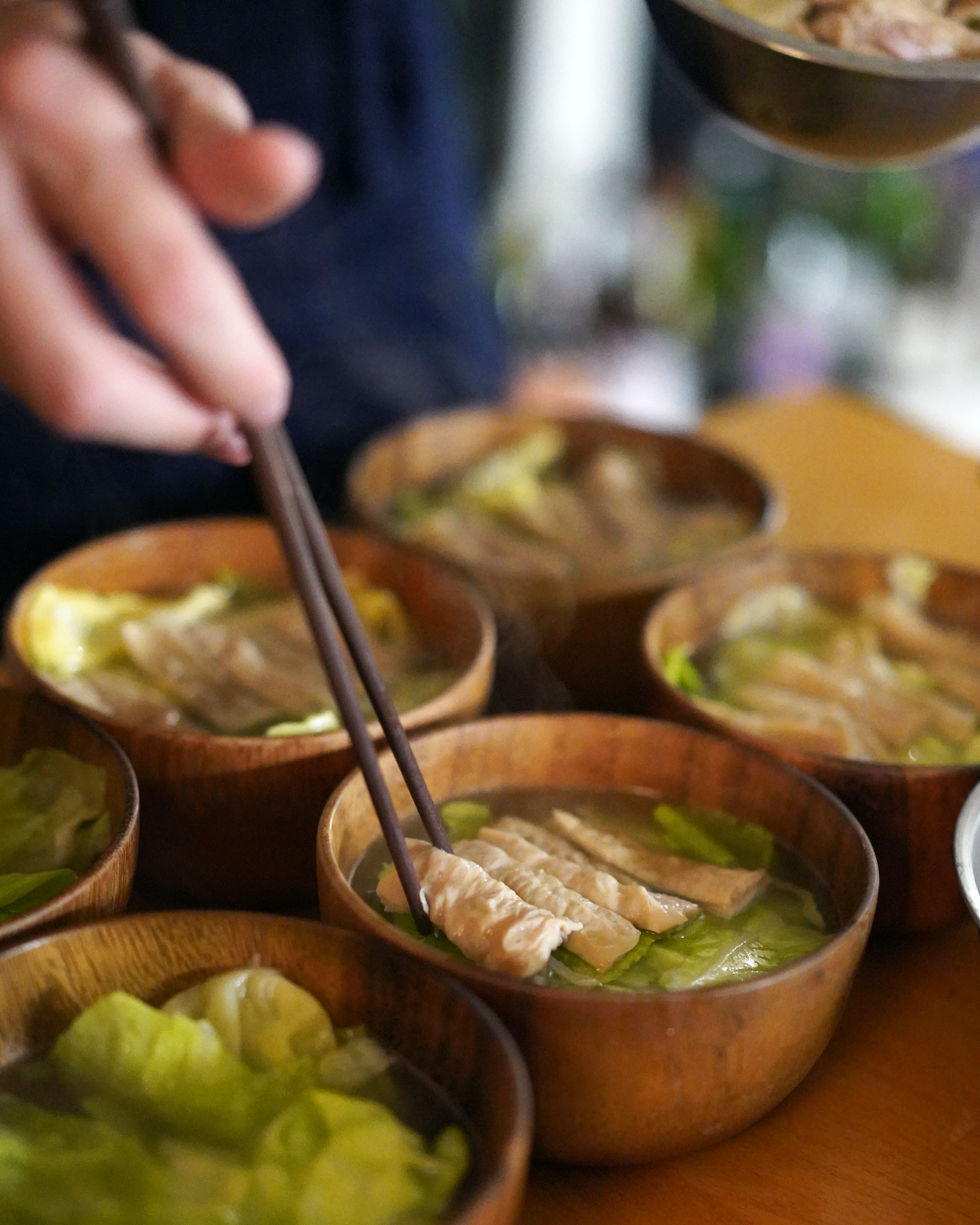
Scura: How do design, space, and aesthetics influence the Jiaonest experience?
Hua Yang: At Jiaonest, we believe that imagination, space, and narrative clues are essential to shaping a culinary storytelling environment, so we carefully curate the atmosphere, and try to engage all the senses.
At our supper clubs, soft, irregular lighting, minimalist table arrangements, and handmade ceramics create an experience that invite the guests to be fully present. We incorporate natural materials – such as branches from London’s parks – to bridge the city’s landscape with our own cultural traditions, adding depth and contrast to the dining experience. We even think about how the storytelling of our evenings begins before the night begins, use modern graphic design to reflect the story we are trying to tell.
We also try to ensure an element of mystery is present. Subtle narrative clues invite guests to interpret the experience in their own way, like a puzzle waiting to be solved. Jiaonest’s living room is constantly evolving – just like our menu – ensuring that every gathering feels spontaneous, immersive, and unrepeatable. And we’re constantly adjust the furniture, table settings, and food displays, ensuring that the physical environment evolves alongside the storytelling experience.
Scura: Thanks so much – where can people find out about your next supper clubs?
Hua Yang: The best place is on Instagram – @jiaonest. We host suppers every weekend!
Hungry for more? Subscribe to our newsletter to have stories like this delivered on plate to your inbox.

